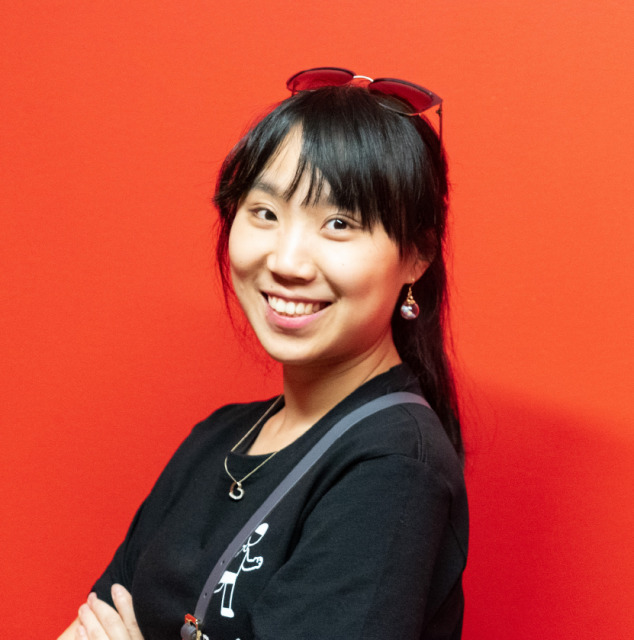
Ms. Cecilia Zhang
Graduate Student
UC Berkeley
Cecilia Zhang is a 4th year Ph.D. candidate in CS at UC Berkeley, advised by Prof. Ren Ng. Her research spans computational photography and machine learning, with a focus on cinematic capturing and rendering for casual videos to enable effective visual content creation from personal devices. Her works are published in SIGGRAPH, CVPR and she serves as a reviewer for ICCV, CVPR, TIP, etc. She is an ambassador for CV4GC, a CVPR2019 workshop that helps researchers from the developing world to produce better research deliverables; she has also been mentoring Berkeley AI-Research undergraduates since 2016. She is a member of Women in Computer Science at UC Berkeley and served as the industrial liaison for two years to help women graduate students build up leadership and professional skills. Cecilia received her B.S. in Electrical and Computer Engineering from Rice University in 2015, awarded with Summa Cum Laude and Distinction in Research.
Cinematic Capturing and Rendering for Casual Videos
Casual videography has become prevalent with easier access of portable cameras and the internet. However, the quality of casual videos is not yet satisfactory due to limited imaging hardware and constrained physical environment. These contrast with cinematic videos (e.g. films) where stories are scripted to enable the optimal design of lighting, camera position and accurate focusing, supported by prized cameras and equipment. However, casual videos cover an even wider variety of storytelling such as family videos and observational documentaries, where portable devices are preferable to record the authenticity of stories. My vision is to bridge the quality gap between casual and cinematic videos to make storytelling effective and ubiquitous from personal devices. My thesis aims to leverage techniques in image-based rendering, machine learning and computer vision to render casual videos with cinematic characteristics in 1) focusing 2) image quality and 3) lighting.
A representative completed work is on video autofocus, where we deliver cinema-like focus in casual videography (i.e. shallow DOF with context-aware focusing). We show that focusing correctly in real-time requires error-prone guessing about where the action will go. Our approach has two parts: first, committing to rendering refocusable video from deep DOF video rather than recording shallow DOF imagery; second, looking at future video frames to make focus decisions at every point in the video rather than only looking at past frames.